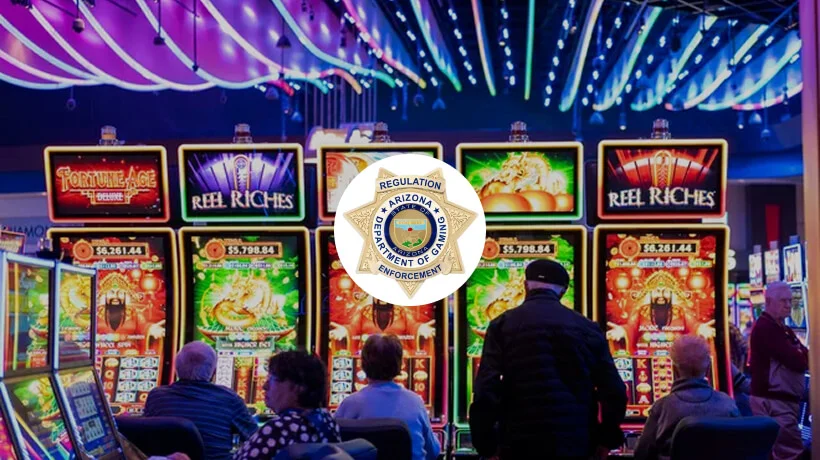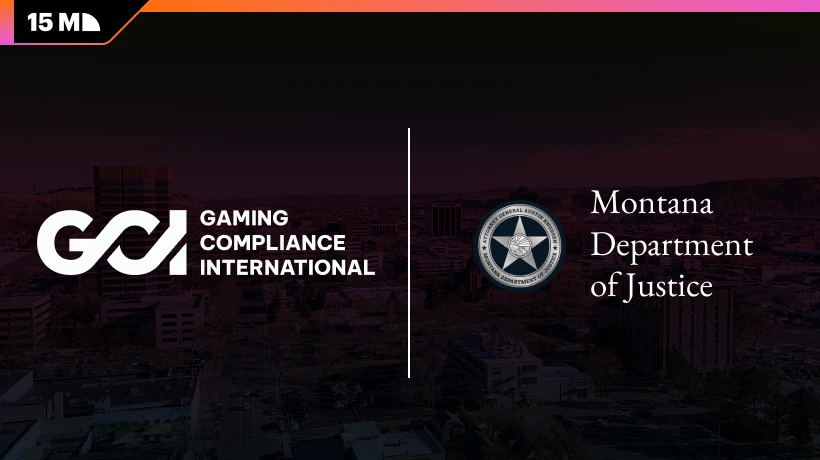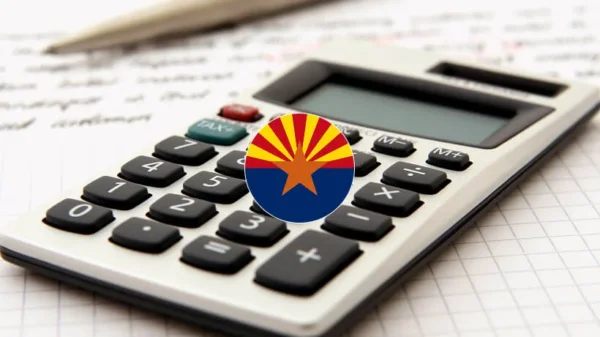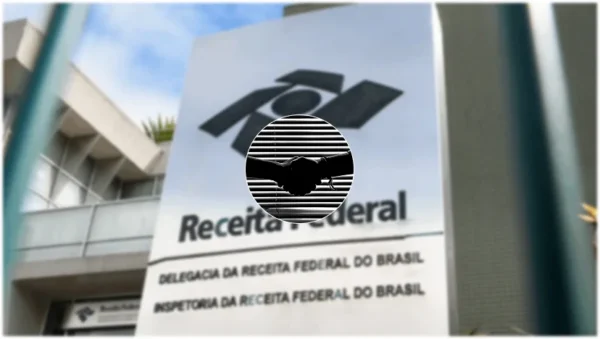The Arizona Department of Gaming (ADG) has formally warned licensed operators about potential risks tied to prediction market partnerships. ADG Director Jackie Johnson issued letters directly to operators, stressing that deals with companies offering event contract trading — especially those violating laws outside Arizona — could jeopardize licensing decisions.
Why Arizona Regulators Are Concerned
Johnson explained that licensing integrity is at stake if operators align with entities selling event contracts unlawfully in other jurisdictions. “If the Department believes that an entity related to a licensee is partnered with a company that is selling event contracts in a jurisdiction outside Arizona in violation of the laws of that jurisdiction, that might impact a licensing decision,” she wrote.
Arizona law doesn’t explicitly address the legality of event contract trading, leaving operators in murky territory since no legal precedents exist on this gaming format.
What Actions ADG Has Already Taken
In May 2025, ADG sent cease-and-desist letters to Kalshi, Robinhood, and Crypto.com for allegedly offering unlicensed sports betting. The department followed up in August with a public education campaign focused on consumer protection and the dangers of unregulated gambling.
Meanwhile, FanDuel partnered with CME Group on August 20 to create “fully funded, event-based contracts with defined risk,” giving users the option to take yes/no positions on markets starting at just $1.
How This Reshapes Arizona’s Betting Landscape
Licensed operators must now tread carefully, reassessing existing and potential partnerships with prediction market firms. ADG’s stance raises uncertainty since it’s unclear which collaborations could trigger licensing reviews.
FanDuel’s CME Group deal highlights one path forward — building joint ventures under regulated sportsbooks. But the national picture is also shifting: Sleeper Markets LLC, through Milbank Partner Joshua Sterling, recently accused the Commodity Futures Trading Commission of unlawfully rejecting their National Futures Association application, raising fresh legal battles over federal oversight.
Arizona’s warning may ripple across the U.S., shaping how other states regulate prediction market partnerships and testing the balance between state and federal gambling authority.







